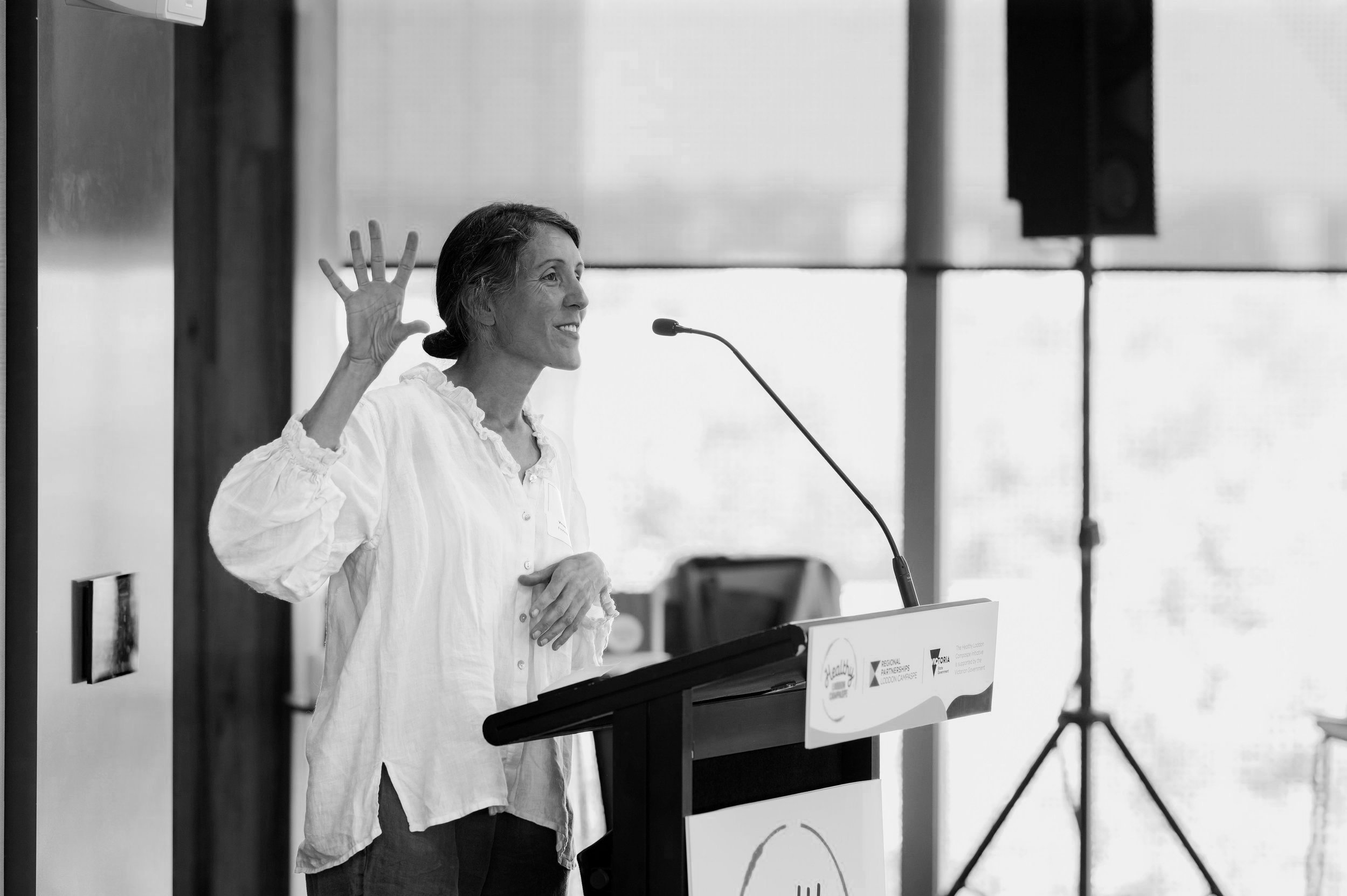
Strengthen your food system from the ground up.
Our tailored Food Systems Capacity Building sessions partner with local governments and organisations to equip you with the tools and expertise necessary for driving lasting, locally-led change. Whether you're addressing food insecurity, improving food access, strengthening governance, or tackling other agri-food challenges, our collaborative, hands-on training empowers your team to take meaningful action with creative approaches.
Leading holistic change across food systems is crucial but often complex, especially when efforts are siloed in areas like agriculture, public health, and economic development. Many groups struggle with determining where to focus their efforts, understanding the scale of the challenges, and identifying actions that will make a meaningful impact. Moreover, building relationships within and between sectors and communities takes time and trust, and engaging marginalised, disadvantaged, and underserved groups requires deep cultural competence and sensitivity.
Our Food Systems Capacity Building sessions help you navigate the complex terrain of food systems work. Through a collaborative approach, we equip your team with the skills, knowledge, and frameworks to better understand these challenges and explore pathways for change.
Tailored to the unique challenges your team is facing, our sessions can focus on building critical food systems literacy, integrating action planning, or both. Typically running for 1–2 days, they offer a dynamic and interactive learning experience designed to support meaningful, locally-led action.
What you’ll learn
Meet your facilitator
Vanessa Clarkson
With deep experience in food systems research, strategy, and governance, I bring a facilitation style that is grounded, engaging, and designed to spark critical thinking. My approach is shaped by an understanding that food systems change is complex, relational, and deeply contextual. Rather than offering one-size-fits-all solutions, I create space for meaningful dialogue, collaboration, and reflection—helping groups untangle challenges and identify practical, locally-driven pathways forward.
I see these sessions as a starting point: an opportunity to strengthen collective knowledge, build connections, and explore new approaches to systemic change. My goal is to equip teams with the tools and confidence to navigate this terrain—acknowledging uncertainty while still finding ways to move forward with intention and impact.


